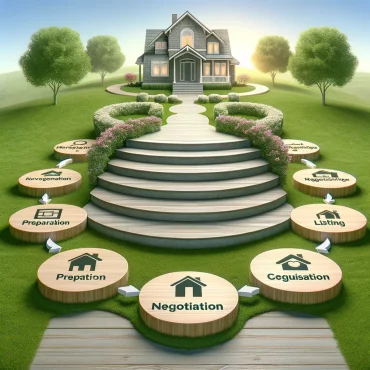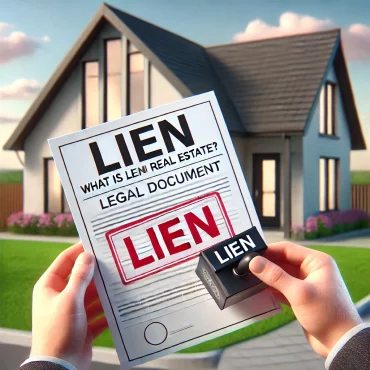
Navigating the Maze of Closing Costs: Strategies to Minimize Expenses
todayFebruary 21, 2024 20

If you’ve ever found yourself overwhelmed by the avalanche of taxes and fees at the end of a home purchase, you’re not alone. Closing costs, representing an additional percentage of the purchase price, can certainly put a damper on the excitement of buying a new home. While it’s impossible to eliminate these costs entirely, there are ways to reduce or reallocate some fees through negotiation. Let’s explore some tips on how to minimize closing costs as much as possible.
Understanding Real Estate Closing Costs
Closing costs are the additional fees incurred at the end of the home buying process, typically during the closing stage when the property title is officially transferred from the seller to the buyer. These costs encompass various taxes and fees associated with the purchase, ranging from property appraisal fees to attorney fees and document recording fees. While closing costs vary based on factors like location and property price, they generally range between three to six percent of the property’s purchase price.
Negotiating Closing Costs
Negotiating closing costs is not only possible but advisable, especially given the escalating costs associated with home purchases. While it’s challenging to eliminate all fees, negotiating can significantly reduce certain expenses. The implementation of the Loan Estimate by the Consumer Financial Protection Bureau has made it easier for buyers to negotiate closing costs before finalizing a mortgage loan.
Distinguishing Between Down Payments and Closing Costs
It’s essential to differentiate between down payments and closing costs, as they serve different purposes in the home buying process. A down payment is a percentage of the property’s purchase price paid by the buyer upfront, while closing costs cover expenses incurred during the closing stage and are not related to reducing the principal on the mortgage loan.
Exploring Options to Minimize Closing Costs
While it’s nearly impossible to avoid closing costs entirely, several strategies can help minimize expenses:
- Negotiate a No-Closing Costs Mortgage: Some lenders offer mortgages with no closing costs, although these costs are often rolled into the total loan amount or result in a higher interest rate.
- Negotiate with the Seller: Buyers can negotiate with sellers to cover some or all of the closing costs, potentially through a seller credit.
- Comparison-Shop for Services: Research and compare rates for various services involved in the closing process, such as title insurance and home inspection companies, to find competitive rates.
- Negotiate Origination Fees with the Lender: Inquire about fee reductions or credits from the lender to offset closing costs, but be wary of potential increases in interest rates.
- Close Toward the End of the Month: Closing near the end of the month can minimize per diem interest fees, as the first mortgage payment typically isn’t due until the following month.
- Explore Military or Union Discounts: Military personnel and union members may be eligible for discounts or rebates on closing costs.
- Consider an FHA Loan: Federal Housing Administration (FHA) loans often include closing costs as part of the loan, making them an option to avoid upfront expenses.
Seller Responsibilities
While sellers are not responsible for loan origination fees or inspection costs, they typically cover taxes on the home sale, title transfer costs, real estate attorney fees, and a portion of the real estate agent commission.
Closing costs can be a significant financial burden for homebuyers, but there are strategies to mitigate expenses. While eliminating these costs entirely isn’t feasible, thorough research and negotiation can lead to substantial savings. By understanding the nuances of closing costs and exploring various cost-saving measures, homebuyers can navigate the home buying process more effectively and alleviate financial strain.
Embark on your journey to real estate success today by exploring our upcoming events and immersing yourself in a community dedicated to education, growth, and prosperity.
Written by: ericcounts
Previous post

- 16
labelReal Estate todayFebruary 20, 2024
A Step By Step Guide To The Home Selling Process
Preparing to sell your home can be just as daunting as buying one, if not more so. However, with careful planning and research, you can navigate the complexities of the [...]
Similar posts

- 1
labelReal Estate todayMarch 7, 2025
Did You Get a Tax Refund?

- 32
labelReal Estate todayAugust 8, 2024
What Is a Lien in Real Estate?
Copyright 2021 REIE.INFO





Post comments (0)